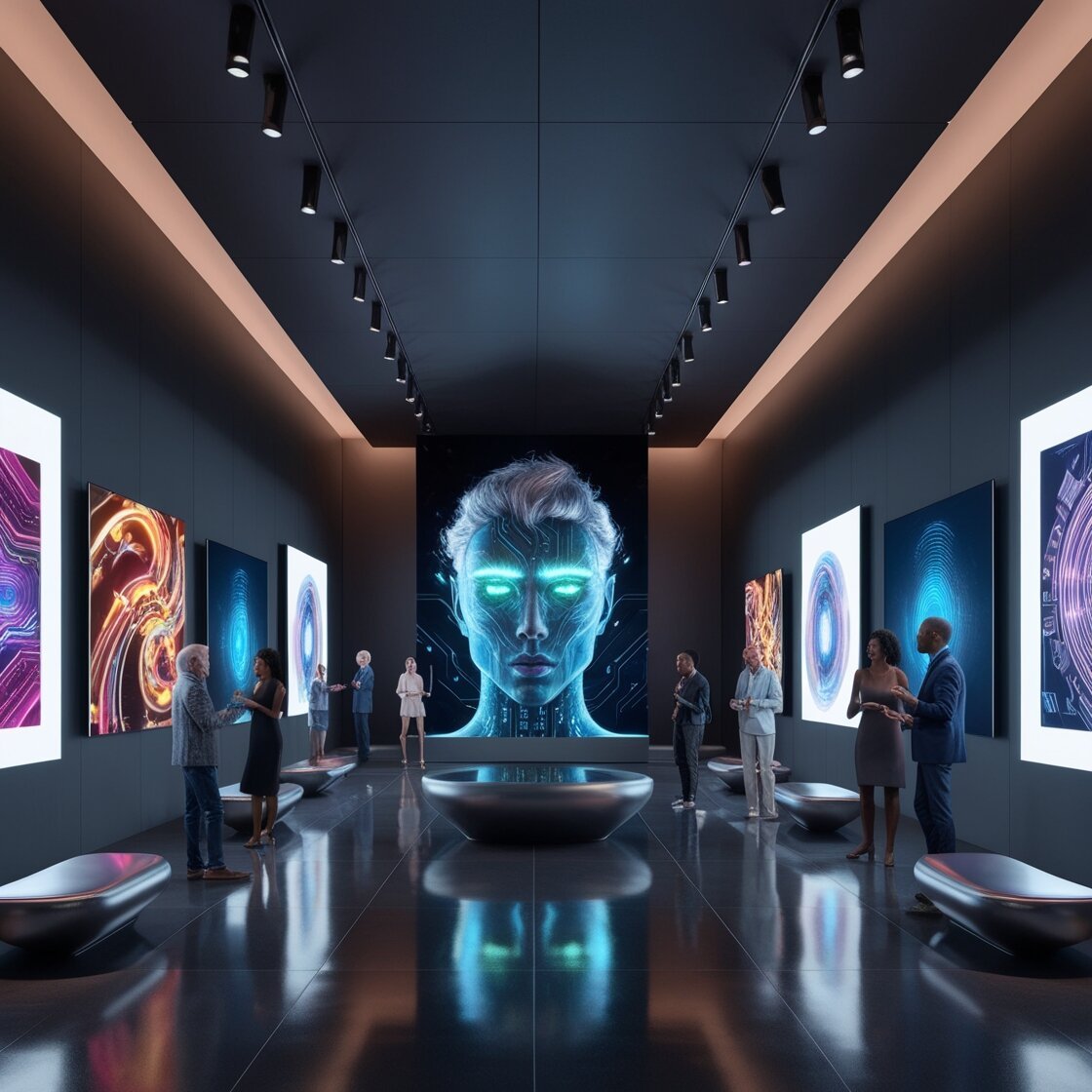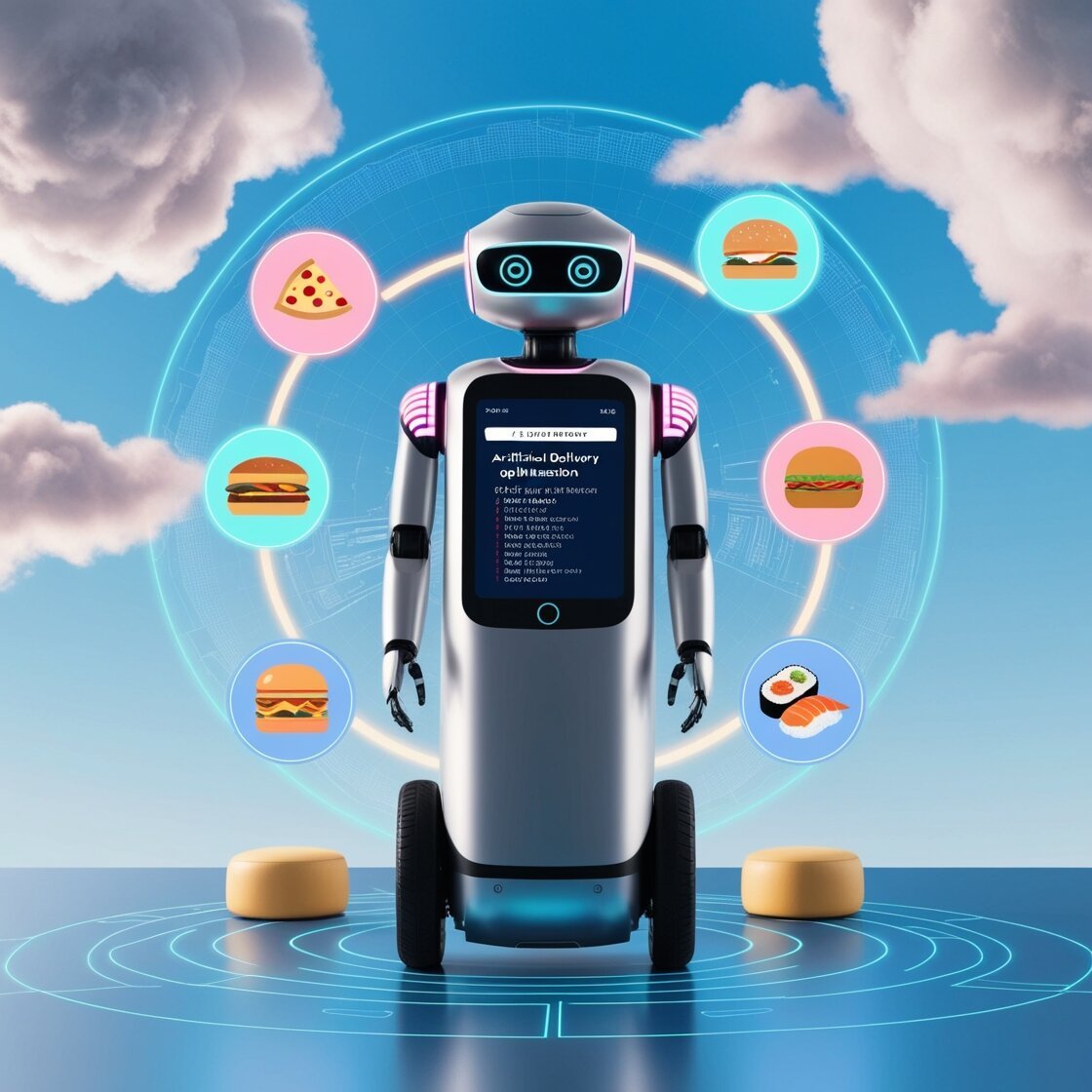In recent years, artificial intelligence (AI) has revolutionized various sectors, and healthcare is no exception. The integration of AI-powered diagnostic tools is transforming the way medical professionals diagnose and treat patients, enhancing accuracy, efficiency, and patient outcomes. This article delves into the profound impact of AI on diagnostics, exploring its current applications, benefits, and the future landscape of healthcare.
The Rise of AI in Healthcare
Understanding AI-Powered Diagnostics
AI-powered diagnostic tools leverage advanced algorithms and machine learning techniques to analyze vast amounts of medical data. These tools can process information from various sources, such as medical imaging, electronic health records (EHRs), and genomic data, to provide precise diagnostic insights. By identifying patterns and anomalies that may be overlooked by human eyes, AI significantly improves diagnostic accuracy.
Current Applications in Diagnostics
Medical Imaging Analysis
Radiology: AI algorithms are extensively used in radiology to interpret imaging studies, such as X-rays, CT scans, and MRIs. These tools can detect conditions like tumors, fractures, and infections with remarkable accuracy.
Pathology: Digital pathology has seen significant advancements with AI, enabling the analysis of tissue samples to identify cancerous cells and other abnormalities more quickly and accurately than traditional methods.
Predictive Analytics
AI systems analyze patient data to predict the likelihood of developing certain diseases. For instance, predictive models can assess the risk of cardiovascular diseases by analyzing factors such as age, lifestyle, and genetic predispositions.
Genomic Data Interpretation
The interpretation of genomic data is crucial for personalized medicine. AI algorithms can analyze genetic information to identify mutations and suggest targeted therapies for conditions like cancer, leading to more effective treatment plans.
Benefits of AI-Powered Diagnostic Tools
Enhanced Accuracy and Early Detection
One of the most significant advantages of AI in diagnostics is its ability to detect diseases at an early stage. Early detection is often critical for successful treatment, particularly in conditions like cancer. AI tools can identify subtle signs of disease progression that may be missed by human observers, leading to earlier and more accurate diagnoses.
Increased Efficiency
AI-powered tools streamline the diagnostic process, reducing the time required to analyze medical data. This efficiency not only benefits healthcare providers by allowing them to see more patients but also reduces the waiting time for patients, leading to quicker initiation of treatment.
Cost-Effectiveness
By improving diagnostic accuracy and efficiency, AI tools can significantly reduce healthcare costs. Early and accurate diagnosis often leads to more effective treatment, reducing the need for expensive and prolonged medical interventions. Additionally, the automation of routine diagnostic tasks frees up healthcare professionals to focus on more complex cases.
Challenges and Considerations
Data Privacy and Security
The use of AI in healthcare raises important concerns about data privacy and security. Protecting patient information is paramount, and stringent measures must be in place to ensure that data is handled securely. Compliance with regulations such as the Health Insurance Portability and Accountability Act (HIPAA) is essential to maintain patient trust.
Integration with Existing Systems
Integrating AI-powered diagnostic tools with existing healthcare infrastructure can be challenging. It requires significant investment in technology and training for healthcare professionals to effectively use these tools. Ensuring seamless integration is crucial for maximizing the benefits of AI in diagnostics.
Ethical Considerations
The ethical implications of AI in healthcare cannot be overlooked. Issues such as bias in AI algorithms, the potential for job displacement among healthcare workers, and the need for transparency in AI decision-making processes are critical areas that need to be addressed.
The Future of AI in Diagnostic Medicine
Advancements in AI Technology
The future of AI in diagnostics looks promising, with continuous advancements in technology. Emerging areas such as deep learning and neural networks are set to further enhance the capabilities of AI-powered tools. These advancements will enable even more accurate and comprehensive analysis of medical data.
Integration with Telemedicine
The integration of AI with telemedicine is expected to revolutionize healthcare delivery. AI-powered diagnostic tools can be used in remote consultations, allowing patients to receive expert medical advice without the need for in-person visits. This is particularly beneficial for individuals in rural or underserved areas.
Personalized Medicine
AI's ability to analyze vast amounts of data will play a crucial role in the development of personalized medicine. By considering an individual's genetic makeup, lifestyle, and environmental factors, AI can help tailor treatment plans to achieve the best possible outcomes for each patient.
Collaborative Healthcare Ecosystem
The future of healthcare will see increased collaboration between AI systems and healthcare professionals. AI will act as a valuable assistant, providing insights and recommendations while allowing doctors to make the final decisions. This collaborative approach ensures that the human touch remains central to patient care.
Conclusion
AI-powered diagnostic tools are transforming the healthcare landscape, offering unprecedented accuracy, efficiency, and personalized care. While challenges such as data privacy and ethical considerations remain, the benefits of AI in diagnostics are undeniable. As technology continues to advance, the integration of AI in healthcare will undoubtedly lead to better patient outcomes and a more efficient healthcare system.
- 0 comments
- 76 views

























